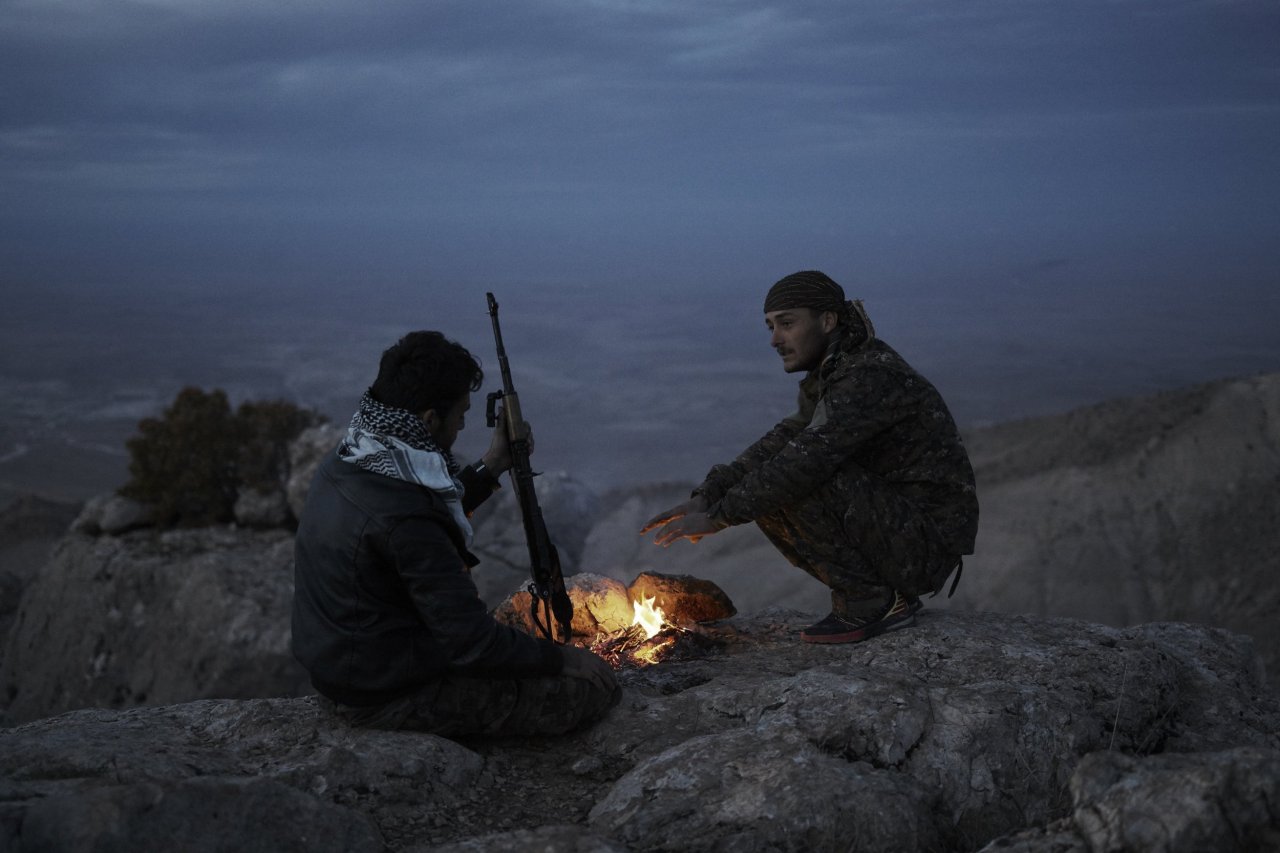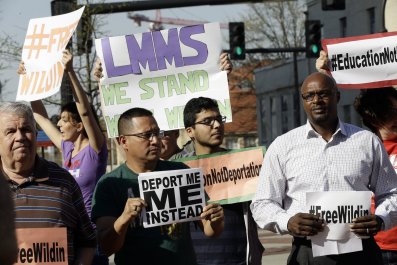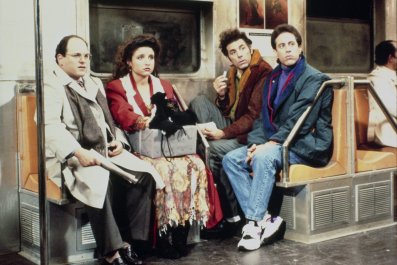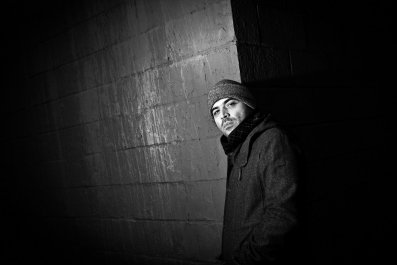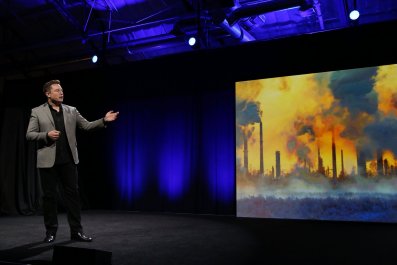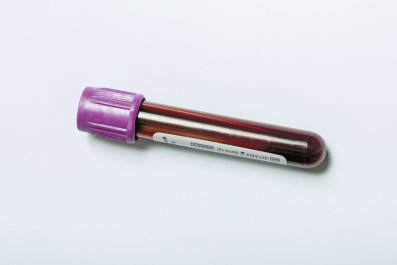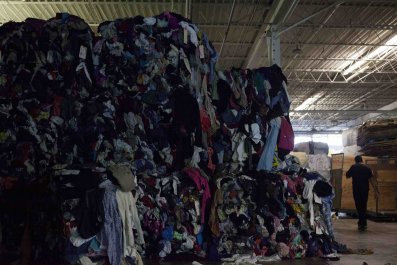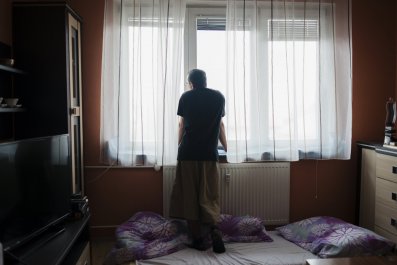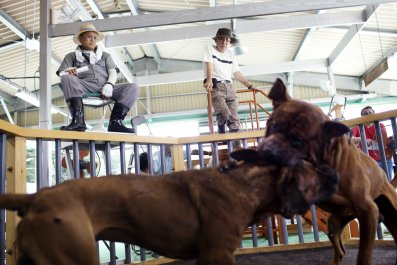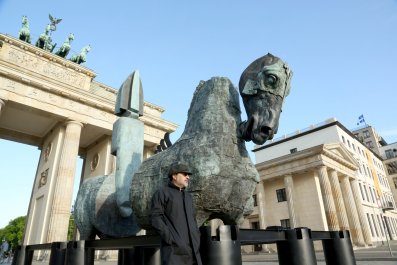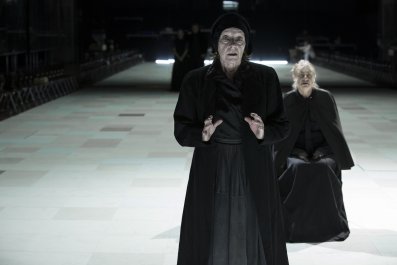On September 9, an American Marine Corps veteran, an Italian activist and a Swedish bodyguard will meet for the first time on the red carpet in front of a movie theater in Venice, Italy. The three men have a lot in common: They fought in the same war, on the same side—for the People's Protection Units (YPG), a Kurdish militia in northern Syria lined up against the Islamic State militant group (ISIS)—and now they are the subjects of Our War, a documentary that premieres at the Venice Film Festival.
That Syrian war, now in its sixth year, has attracted more foreign fighters than any other conflict in modern history—surpassing the Soviet-Afghan conflict in the 1980s, which is thought to have drawn some 20,000 foreigners. More than 30,000 people from at least 86 countries have joined ISIS in Iraq and Syria, according to the U.S.-based security consultant the Soufan Group, and hundreds of other foreigners have left their homelands to stand with other factions in the war, including about 400 who have enlisted with the YPG.
Governments around the world continue to grapple with how to prevent their citizens from joining the conflict—and what to do with them when they come home. Their primary concern is what to do with returning jihadis, who may pose a threat to national security. They have generally paid less attention to the volunteers who have taken up arms on behalf of the Syrian Kurds, a stateless people in a semi-autonomous region known locally as Rojava, or "the West." The Kurdish fighters are battling to protect Rojava from ISIS, but they also dream of forging a free, democratic and independent Kurdish state in northern Syria.
Our War follows the three young men—American Joshua Bell, 31, Italian Karim Franceschi, 27, and Swede Rafael Kardari—who each spent several months fighting with the Kurds between 2014 and 2015. It combines interviews in the U.S., Italy and Sweden with smartphone footage from the Kurdish battlegrounds of Kobane and Tel Abyad. Bell is a brash chain-smoker who served three tours in Iraq and Afghanistan; Franceschi is an Italian-Moroccan communist boxer with no combat experience who likes conflict video games and chess; Kardari, the son of Iraqi Kurdish parents, also had never fought in the military and traveled to Rojava after viewing an ISIS propaganda video. "They all have something inside that makes them want to fight, but they started to really care about what the Kurds are fighting for—not just ISIS, but the whole ideology behind Rojava," says Benedetta Argentieri, one of the film's three co-directors.
In the documentary, we see Franceschi and Kardari stationed in tanks and sniper positions. The men describe the interrogation of captured jihadis and the fear they felt when staring into the darkness of night just yards from the ISIS front lines. (There is no footage of Bell in the war zone; he is filmed in North Carolina and New York City.)
Bell, who left Syria in October 2015, intends to wear traditional gold Kurdish dress to the documentary's screening at Venice's 1,100-seat Sala Grande theater. He hopes to return to Syria one day to help the Kurds in their war. "The fight," he says, "is not over."



